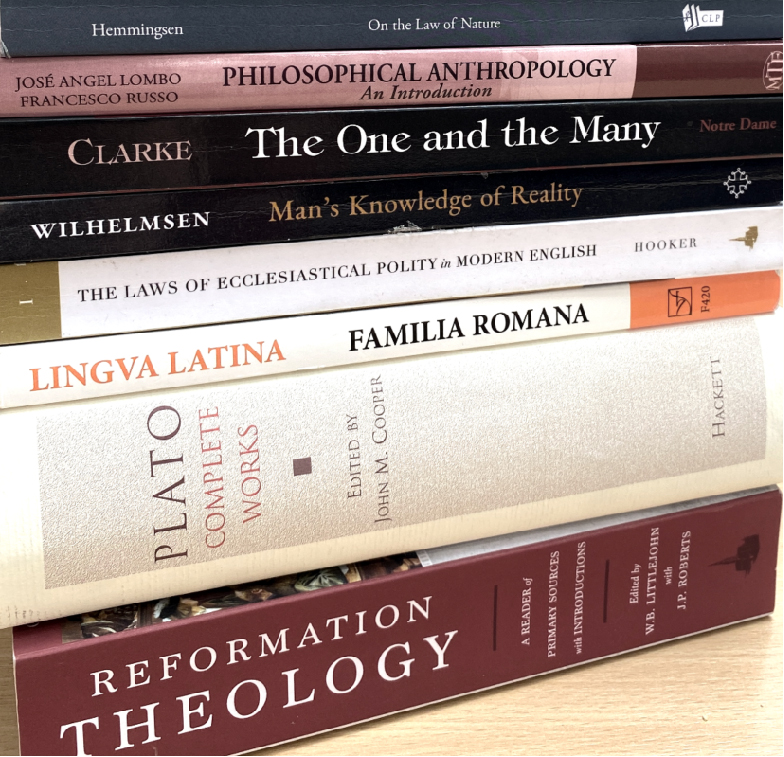Among the Reformed, the question of the extent of the atonement is an area of intense intramural disagreement. Indeed, with the “L” in TULIP (the popular acronym for the so-called Five Points of Calvinism) famously standing for “Limited Atonement”, many would argue that a certain view of the doctrine is necessary if one is to lay claim to the label of being “Reformed.”
And yet there has always been diversity among the Reformed on this topic. John Davenant (1572-1641) is most famous for his “hypothetical universalism,” supposedly an alternative to limited atonement. And yet Davenant was one of the Anglican delegates at the Synod of Dordt in 1618-19, happily signing off on the Canons of Dordt, one of the definitive summaries of Reformed theology. How is this possible?
In this course, students will closely study Davenant’s On the Death of Christ in dialogue with John Owen’s (1616-1683) Death of Death in the Death of Christ, the most famous articulation of limited atonement. Students will consider their arguments and context, as well as how they bear upon other issues such as predestination, and vice versa.



